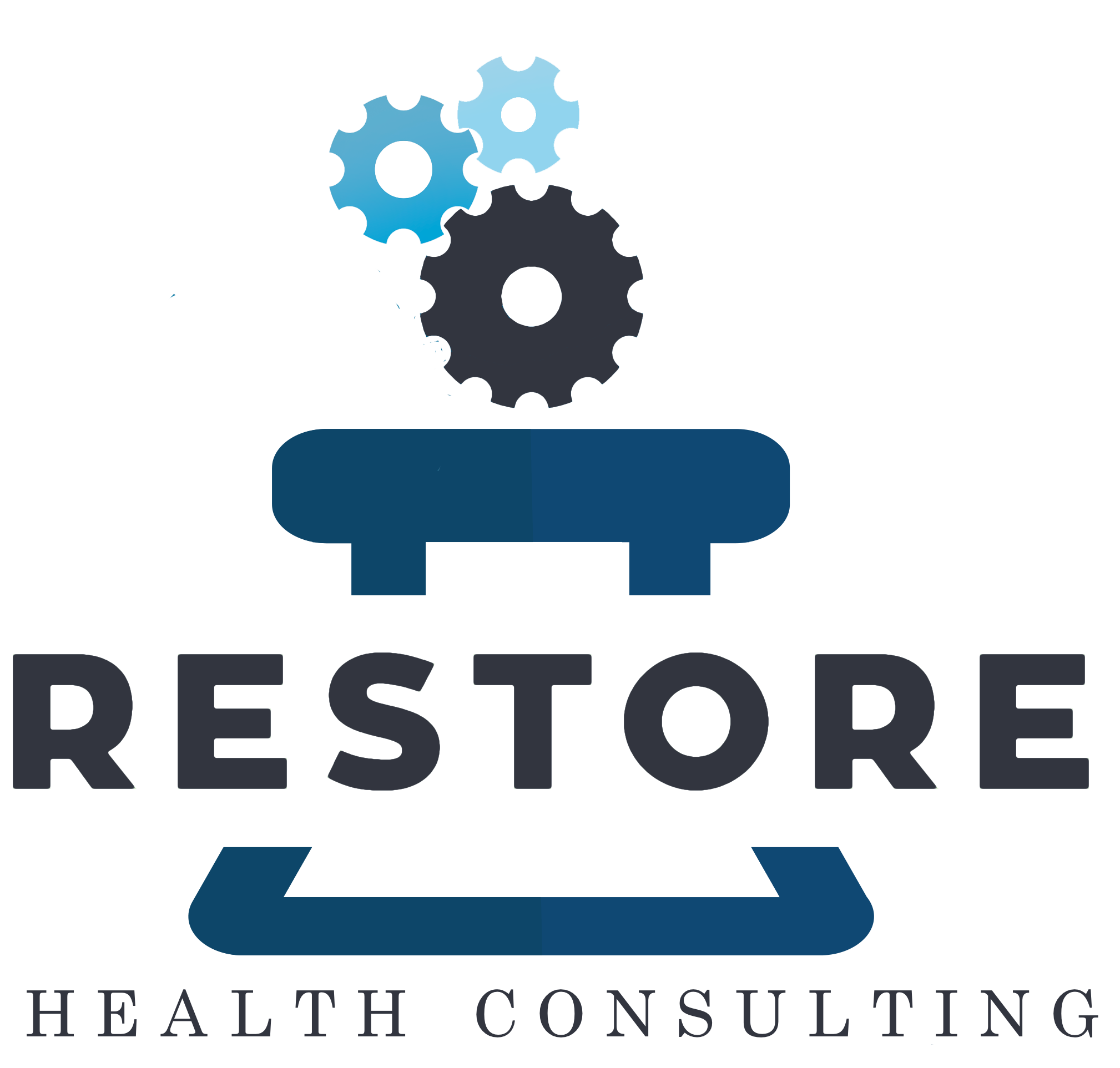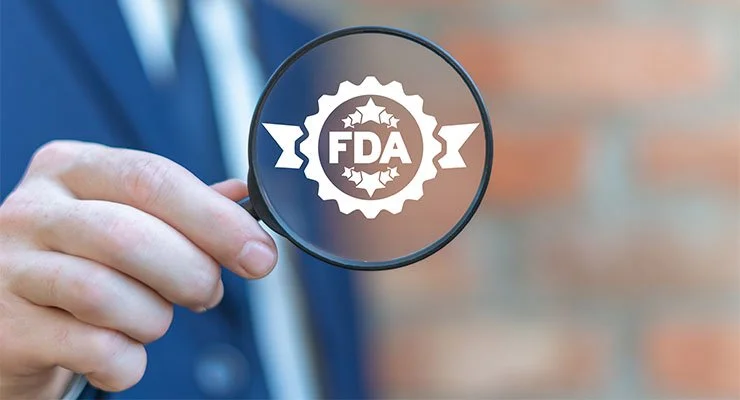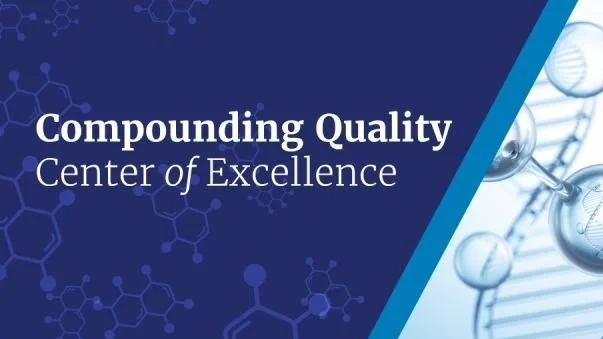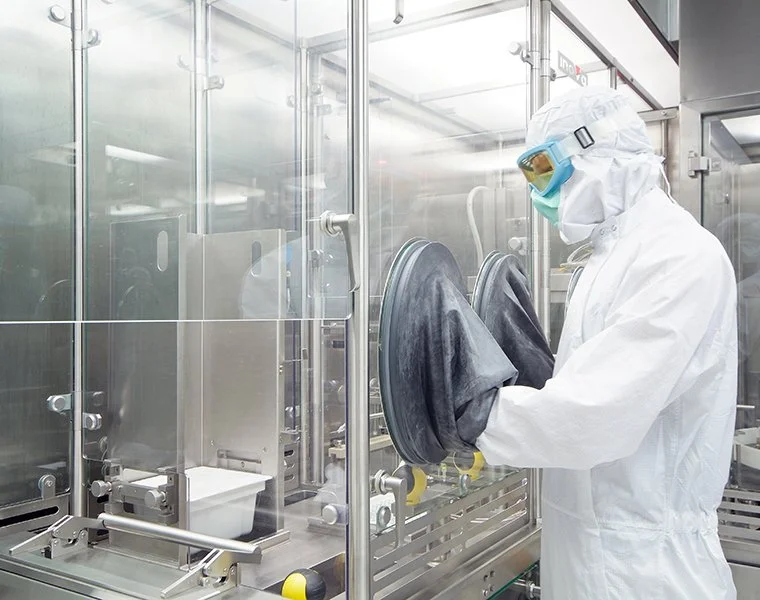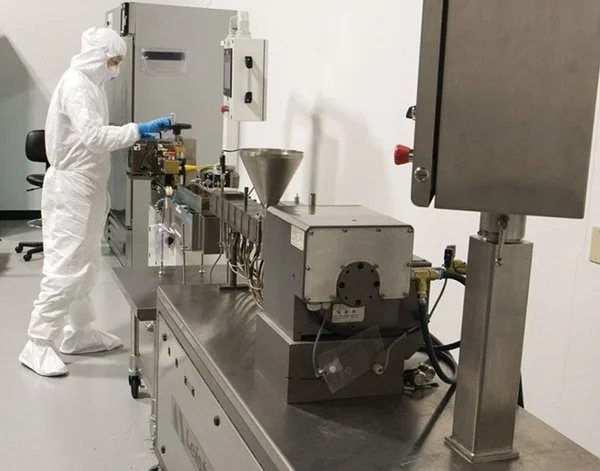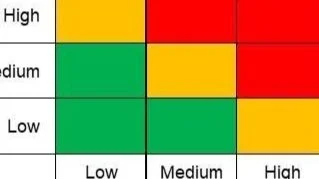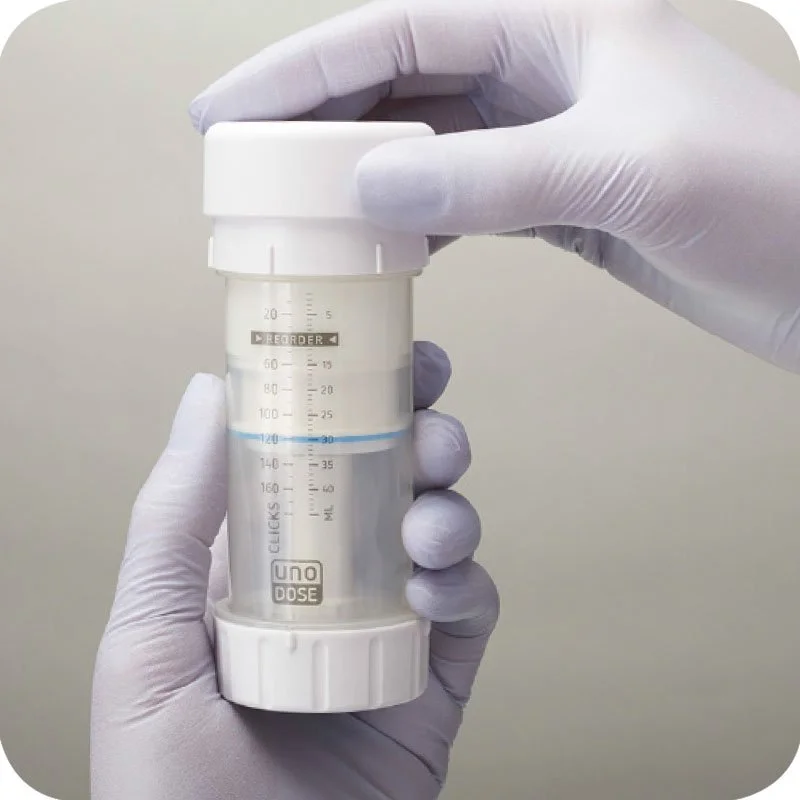The Shift from Stick-Built to Smart-Built: A New Era in Cleanroom Design
Read MoreThe FDA has implemented strict oversight procedures that include regular inspections of 503Bs. The guidance document emphasizes that the FDA’s approach is risk-based, meaning that the scope and intensity of an inspection will depend on a facility’s compliance history, the complexity of its operations, and its overall risk profile. This article explores the six systems FDA inspects at 503B outsourcing facilities and provides a practical gap analysis checklist that can help facilities identify potential areas for improvement.
Read MoreIn today’s highly regulated environment, 503B outsourcing facilities must be prepared for all eventualities—including the possibility of a product recall. This article provides a detailed roadmap for implementing a robust recall readiness program, drawing on current FDA guidance and best practices.
Read MoreBio/pharmaceutical, advanced therapy, and 503B manufacturing facilities often face the decision of hiring in-house validation personnel or engaging third-party consultants for facility and equipment IQOQPQ. While both approaches have merits, outsourcing validation activities to specialized consultants frequently emerges as a more cost-effective and efficient GMP validation solution.
Read MoreCompounding animal drugs is a valuable practice in veterinary medicine, filling gaps when approved drugs are unavailable or unsuitable. However, it operates within a complex regulatory framework outlined by FDA Guidance #256. This Q&A explores key aspects of compounding, including shortage situations, to provide clarity for practitioners.
Read MoreStarting a 503B outsourcing facility is a significant undertaking, requiring careful planning, investment in infrastructure, and a deep commitment to quality. By thoughtfully considering your capabilities, designing a compliant facility, investing in proper equipment, adhering to cGMPs, and hiring well-trained personnel, you will set the foundation for a successful operation.
Read MoreIn August 2024, the FDA held its annual Compounding Quality Center of Excellence Conference, where the agency provided key insights into the most common Form 483 observations for 503B outsourcing facilities. These observations highlight compliance issues that outsourcing facilities must address to ensure regulatory adherence and maintain patient safety. In this article, we’ll examine the top Form 483 observations shared at the conference and discuss best practices for addressing these compliance issues.
Read MoreA recent FDA draft guidance was issued to permit 503B facilities to sell compounded drugs to 503A pharmacies, which can then dispense these products directly to patients pursuant to a valid prescription. This guidance has significant implications for the regulatory landscape, operational practices, and business strategies of 503A compounding and traditional community pharmacies.
Read MoreFor 503B outsourcing facilities, scaling up production and reducing costs is essential for maintaining competitiveness in this niche industry. By applying principles of production volume and economies of scale, 503B facilities can achieve greater efficiencies, streamline workflows, and lower operational costs while ensuring compliance with FDA regulations. Here’s an in-depth approach to achieving this goal.
Read MoreThis article explores why investing in quality within 503A and 503B facilities is not only necessary but also the key to thriving in a highly regulated and scrutinized environment. In the 503A and 503B pharmaceutical compounding industry, poor quality is not an option. From the risks of regulatory penalties to the potential for patient harm, the consequences of inadequate quality management can be devastating. But by making strategic investments in quality systems, fostering a culture of quality, and leveraging regulatory incentives, compounding facilities can reduce risks, improve efficiency, and, most importantly, protect patient safety.
Read MoreThe FDA's proposed rule on drugs deemed difficult to compound marks a significant shift in regulatory oversight. This rule targets three specific categories: oral solid modified-release drug products with coated systems (MRCs), liposome drug products (LDPs), and drug products made via hot melt extrusion (HME). The FDA uses six criteria to assess difficulty: complexity in formulation, drug delivery mechanisms, dosage forms, bioavailability, compounding processes, and testing requirements. If implemented, this rule could significantly impact the compounding industry, limiting the ability to produce certain complex medications and potentially affecting patient access to customized treatments.
Read MoreThe compounding industry is complex, and success requires more than just meeting minimum regulatory standards—it requires a commitment to quality, operational efficiency, and proactive planning. For 503A and 503B drug companies, partnering with a specialized consultant like Restore Health Consulting LLC can make the difference between compliance struggles and long-term success.
Read MoreRisk assessment is a critical component of the cleaning validation process in the compounding industry. It helps identify potential hazards, assess their impact, and prioritize efforts to mitigate risks associated with contamination. Conducting a thorough risk assessment ensures that the cleaning processes are robust, effective, and safeguard patient safety. This article describes a detailed example of how a risk assessment for cleaning validation might be conducted.
Read MoreCleaning validation is an essential process in the pharmaceutical compounding industry. Its primary goal is to ensure that compounding equipment is free of contaminants before it is used for production. This article explores the key concepts in developing a sound cleaning validation protocol.
Read MoreAs FDA has yet to finalize CGMP guidance or promulgate finalized regulations pertaining to the 503B industry, it can be challenging for 503B outsourcing facilities to fully grasp the key requirements for facility and equipment commissioning, qualification, and validation. This article aims to introduce these concepts and connect decision makers to expert CGMP facility and equipment commissioning, qualification, and validation service providers.
Read MoreA report published in 2020 by the National Academies of Science, Engineering, and Medicine (NASEM) discussing compounded bioidentical hormone replacement therapies (cBHT) could jeopardize patient access to these drugs if FDA were to follow their proposal. Since the NASEM report was released, however, a grassroots movement lead by the Alliance for Pharmacy Compounding has been mounting aimed to preserve patient access to cBHT. As of October 2, 2023, five senators have formally urged FDA to permit continued access to cBHT.
Read MoreOn September 29, 2023, updates were made to the list of bulk drug substances nominated for use under Section 503A. While GHK-Cu (with certain limitations) and L-Theanine have now been included on to the Category 1 bulks list, various peptides were added to the Category 2 bulk drug substance list (those that raise significant safety concerns).
Read MoreThe FDA released a new preliminary guidance regarding the Prohibition on Wholesaling under Section 503B of the Federal Food, Drug, and Cosmetic Act. The document aims to clarify that pharmacies licensed at the state level are permitted to dispense compounded drugs purchased from 503B outsourcing facilities. It provides specific examples of activities that are prohibited and those that are not.
Read MoreThe FDA officially withdrew the accelerated approval of Makena, a hydroxyprogesterone caproate injection, on April 6, 2023. It is suggested compounders steer clear of compounding it to remain consistent with the FDA’s sentiment. Given the lack of FDA-approved alternatives, this could prompt the clinical need for progesterone vaginal preparations as a potentially helpful alternative for this patient population.
Read More